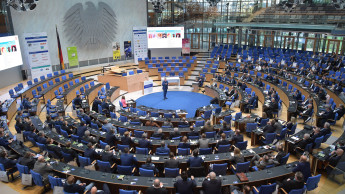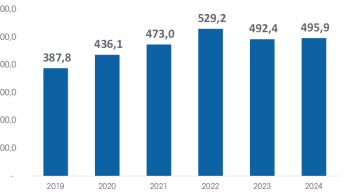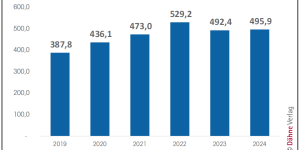The “price war” phenomenon is already familiar in the DIY sector of the majority of countries in Europe. In brief: If you can’t manage to sell a product at the normal price, simply cut it. That is the philosophy of some retailers, at any rate. A philosophy that is applied in different ways. Price-driven advertising in America just about goes beyond the bounds of common decency, and in Germany it is pretty rough, even by Dutch standards. As the cliché has it, Germans are more restrained than the Dutch, who claim the ability and the duty to say whatever they want, when they want.
However that may be, the battle for customers by means of pricing is a consequence of the economic situation, in my opinion. If all sides talk themselves into a recession, they all want buying to be made as cheap as possible. And when a low level of pricing sets the trend, it is the brand names that are principally affected. Cheap imports from the Far East are increasingly proving their worth as the low-cost, disposable Chinese trash of the nineties is definitively relegated to history.
In this respect the situation in the Netherlands is not unique. The brand names are being forced to wade ever deeper into the morass in order to achieve reasonable sales figures. This is naturally a development to be taken seriously by many manufacturers who are among the pioneers in the market. However, there is still sufficient oxygen left for survival. The emphasis here is on “still”, because the internet has established itself in a number of countries as a serious sales medium. A mouse-click frequently also means a considerably cheaper price. And this of course results in an even greater danger for retailers, at any rate for those working with healthy margins. If the internet does in fact continue to grow in significance and cheap prices rain down on consumers, the battle for survival will become tougher for the brands. Some consolation is offered by the fact that you know what you have when making a purchase in a shop, whereas you often do not know what you will actually get on the internet, at least from obscure discounters. But should this type of trading become more transparent, the entire DIY retail sector will have to come up with some bright ideas. The price alone can never actually be the main argument.

 Menü
Menü

















